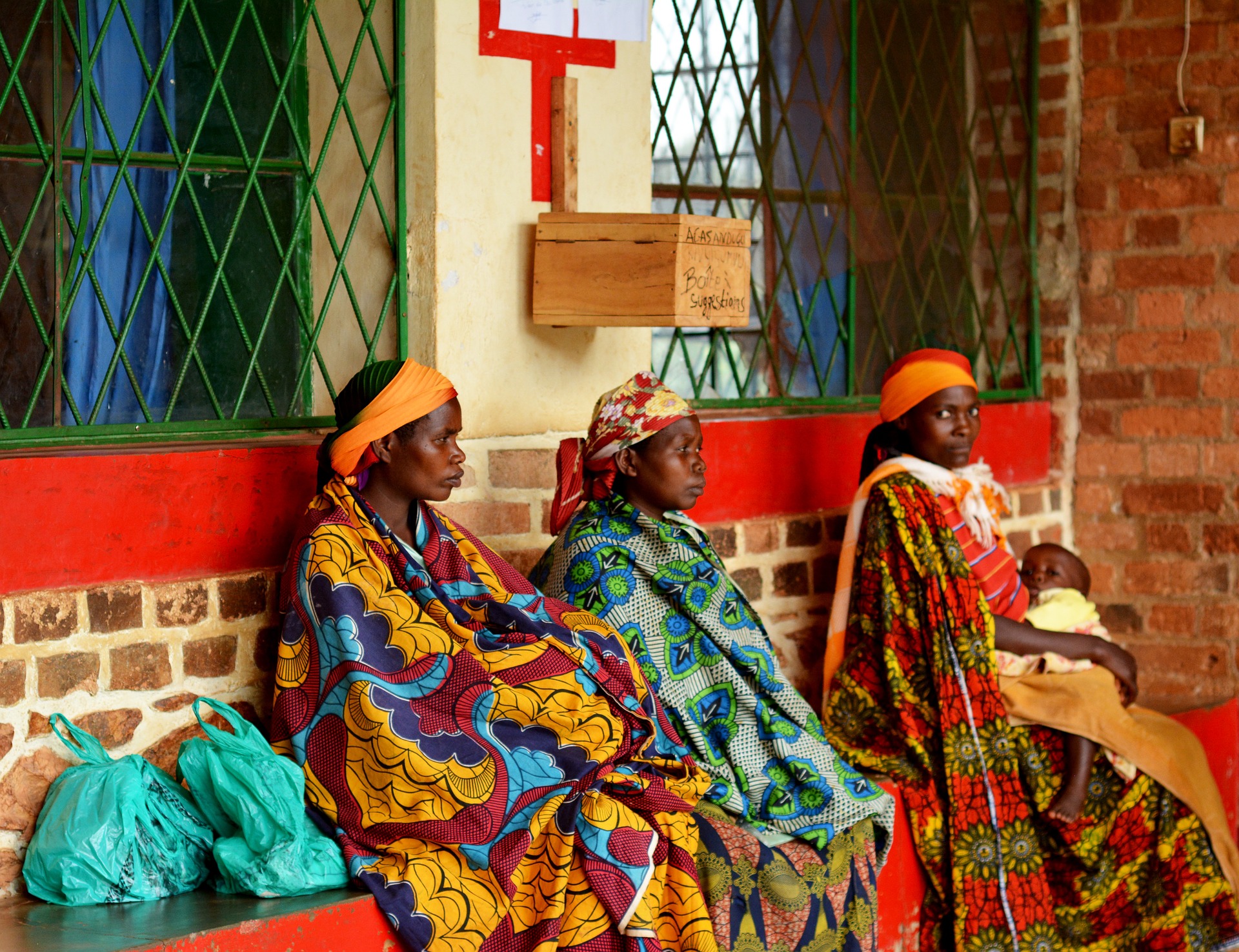Stories about public health emergencies and new diseases are published by major news outlets on an almost daily basis. Unfortunately, women’s health is a topic that doesn’t make the headlines often enough. Almost every day, women across the globe face health challenges that could be stopped with the right resources, but go unnoticed. Women’s health has only recently become a topic of research and attention in the past few decades, and the struggles of these women are still becoming a realization to the rest of the world.
What remains an astonishing health concern for women is the number of deaths that are actually preventable. Too many women around the world don’t receive regular screenings that can help prevent cervical or other cancers. Lack of sexual health education and resources to prevent HIV lead to infections that kill men, women, and children in Africa and beyond. According to the maternal mortality fact sheet of the World Health Organization, approximately 830 women die every day from preventable causes related to pregnancy and childbirth. 99 percent of these deaths occur in developing countries, more than half of which occur in Sub-Saharan Africa and South Asia.
Women make up half of the population of the world, so if women aren’t healthy the world isn’t healthy. Healthy women make healthy families, and healthy families make healthy communities. In many cultures, while men make health care decisions, women are executing the practices and sometimes are the sole health care managers for the families. But when women are not able to receive education to be healthy themselves, they cannot influence a healthy lifestyle for the family. The idea is that when a healthy family can be produced, that unit can become a productive and active member of the community, therefore influencing others in the community.
Another factor that is often overlooked in promoting women’s health is the influence and impact of men. Amy Cutino, a Johns Hopkins School of Nursing student that attended the International Council On Women’s Health Issues (ICOWHI) Congress in November 2016, made the realization during a pre-conference exercise:
“…In fact, the final part of the preconference included an activity where we utilized a gender analysis framework to assess a case study intervention. The intervention was a maternal and child health program that was to take place in Yemen, a country with marked gender differences socially, legally, and economically in particular. We were tasked with assessing the background information provided in order to come up with objectives, activities, and indicators for the intervention. During this activity, I began to realize what a huge impact that men have on women’s health initiatives and interventions. It seems to me that often, the role of men in promoting women’s health is minimized while the empowerment and autonomy of women themselves becomes the main attraction. However, in so many cultures, men are the gatekeepers to health care, transportation, and social activities for their wives and daughters. Who better to be considered in the development of women’s health programs than these very men?”
In many cultures and families, like those in Yemen, the man is the sole member of the family unit that makes health care decisions. If you educate the gatekeeper, he is then able to make better decisions about his family’s health care, including the women.
The improvement of women’s health is perhaps one of the largest steps to gender equality. If you combine better health education, communication, the role of men in promoting women’s health, women are able to gain a better status within even some of the most discriminatory of cultures. The women’s influence on the family and community becomes a priority and we can then better the health of the world.
About the Author: CRAIG LEE
 With the world becoming more connected through tweets, posts, shares, and pins, Craig keeps the School of Nursing in the mix with the ever growing, complex web of Social Media. Craig manages all of the Johns Hopkins School of Nursing’s social media accounts including Twitter, Facebook, Instagram, Google+, and LinkedIn.
With the world becoming more connected through tweets, posts, shares, and pins, Craig keeps the School of Nursing in the mix with the ever growing, complex web of Social Media. Craig manages all of the Johns Hopkins School of Nursing’s social media accounts including Twitter, Facebook, Instagram, Google+, and LinkedIn.
